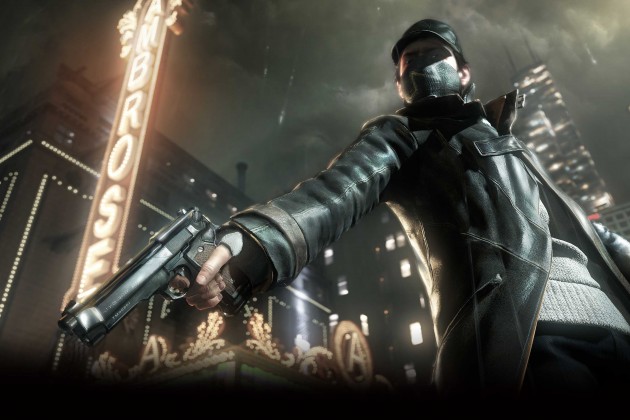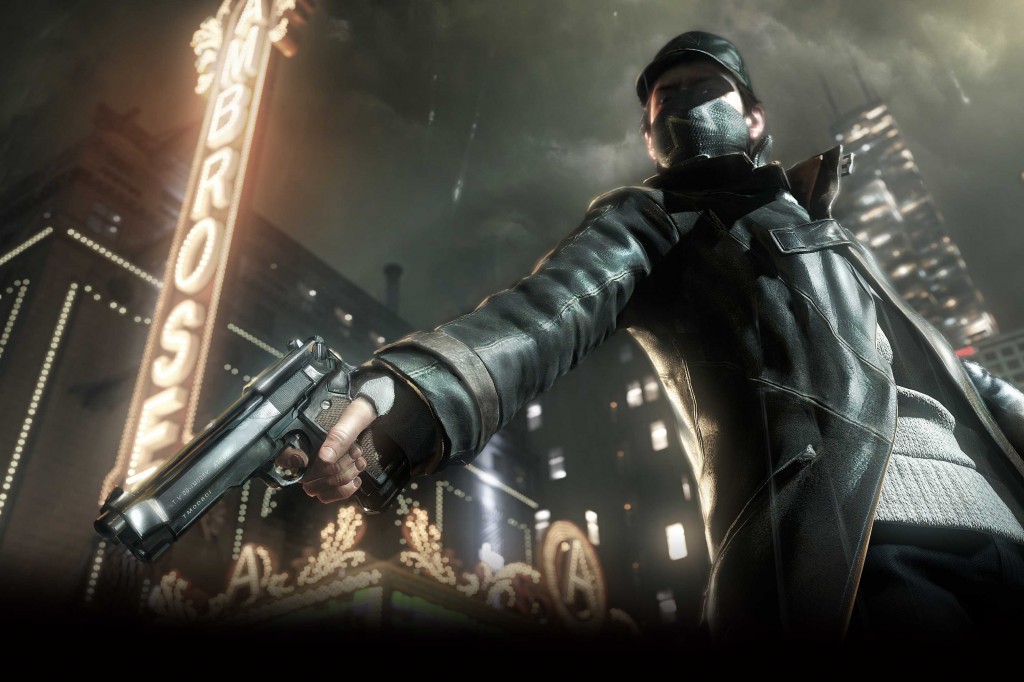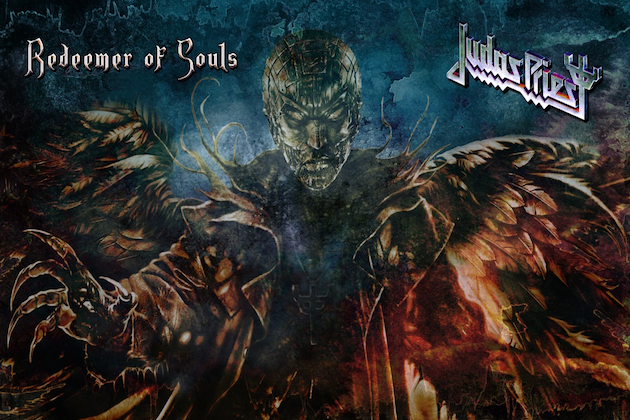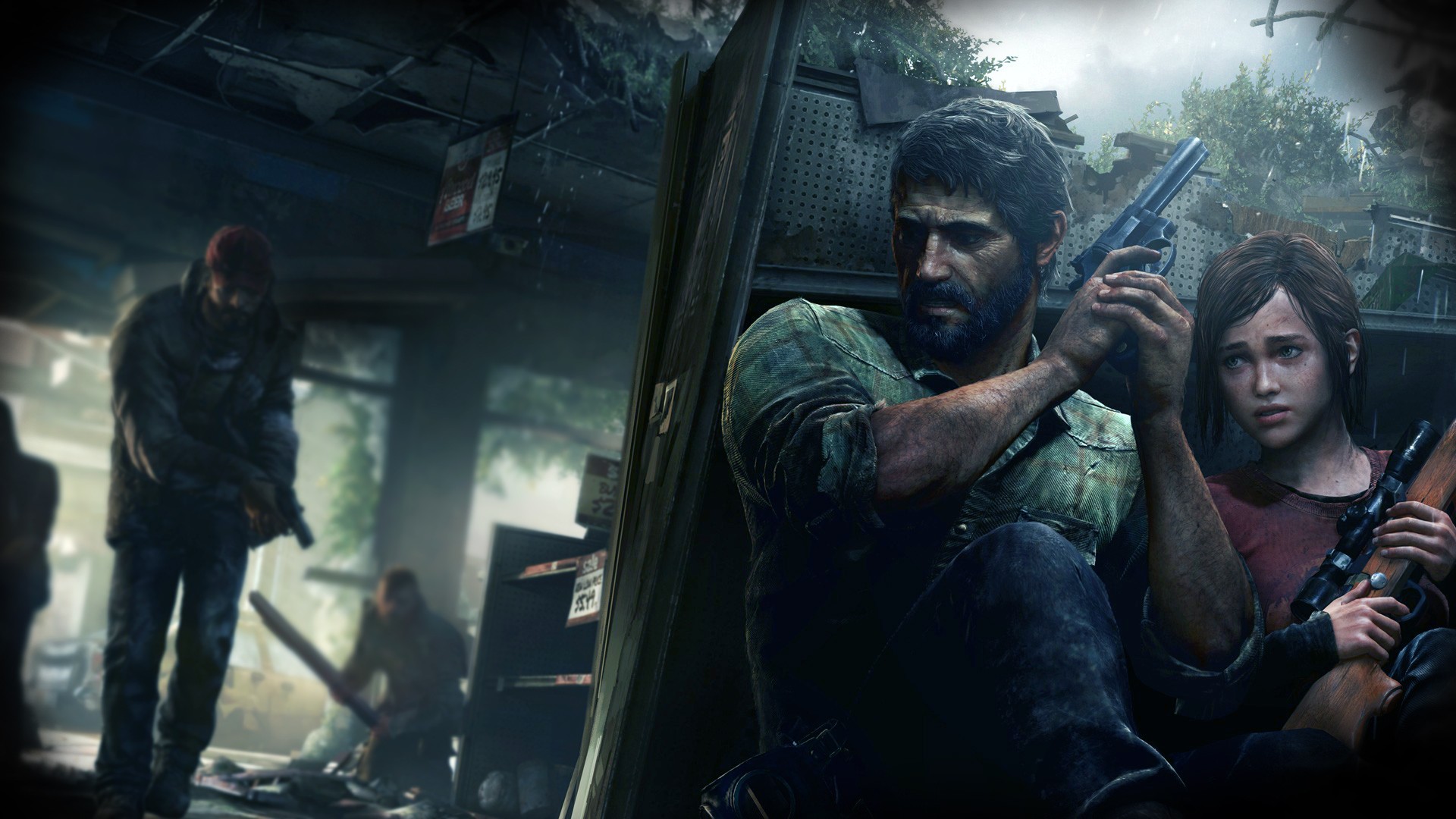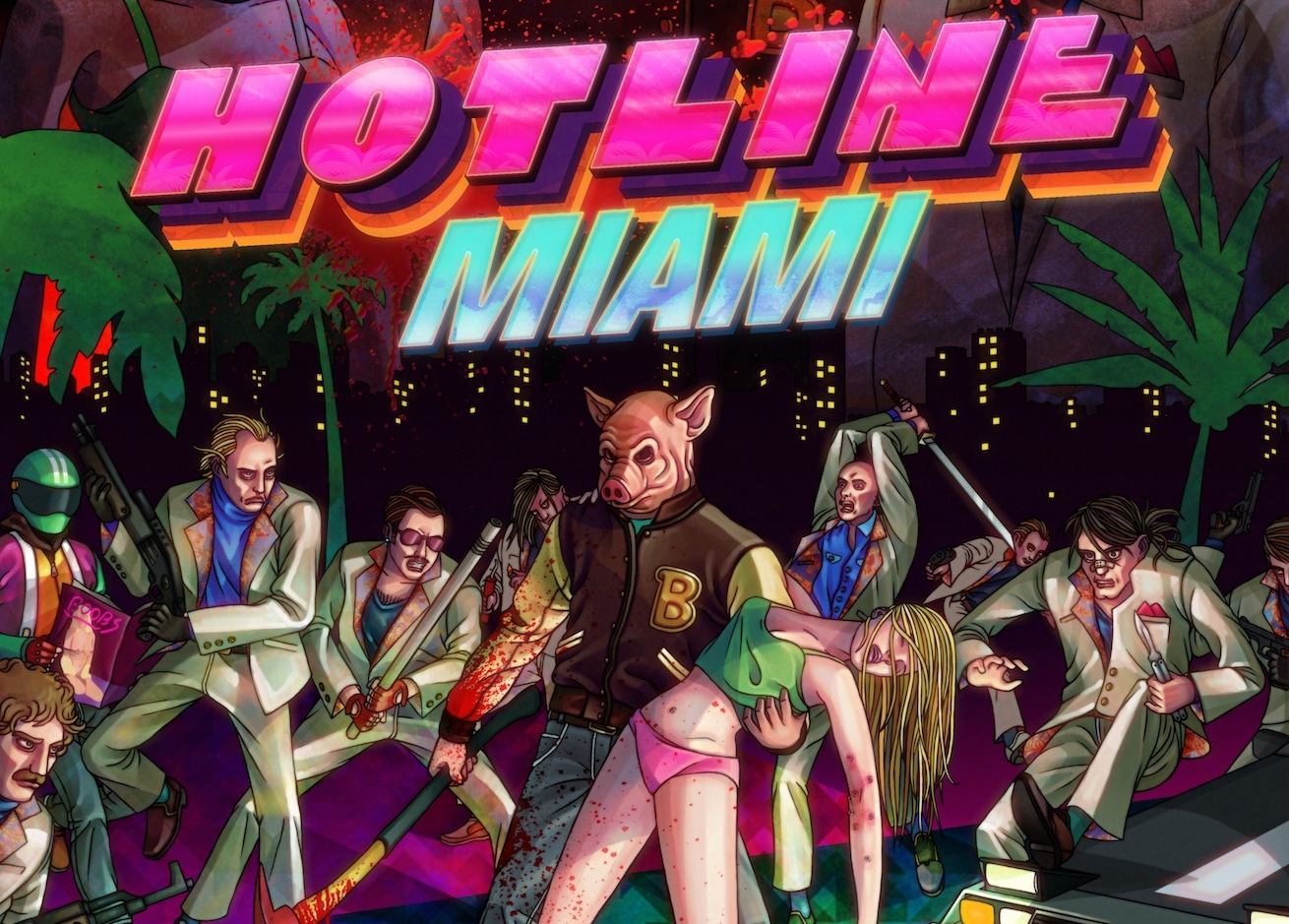After being stuck in development for what seems like a lifetime – at least, in gaming terms – this much-vaunted open world adventure drops onto both current and next generations promising great things. Fantastic things. Unbelievable things. Press releases predicted an iconic central character, unparalleled depth of gameplay, and complete freedom in a living, breathing city. Naturally, much of this is promotional hyperbole, but what Watch Dogs does offer is something quite different from the usual titles – a fresh spin on an increasingly stale genre. It might not hit all the targets bang on but when it does work, it is fluid, fast-paced and fun.
First off, the premise is an intriguing one: a near-future Chicago is run and monitored by a central operating system, where all devices are connected to an interlinked network. Everything from the mundane (drinks machines, laptops, ATMs) to the serious (data servers, police scanners, traffic bridge controls) is hooked into this slightly sinister system. It’s a neat spin on our technologically savvy age yet one that comes with a stern message: such an invasive cyber-presence can be easily exploited. It seems that one doesn’t need to be a master criminal to gain access into the most sensitive information. Anyone with a smartphone and a good amount of niche knowledge can inveigle their way into a stranger’s emails or bank account, and raise all sorts of merry hell with the details contain within.
That person is Aiden Pearce, a vigilante hacker with a very personal vendetta against other less amenable vigilante hackers. To reveal the exact details of Pearce’s backstory would not necessarily spoil the plot, as it is in itself generic and perfunctory, but suffice to say that he is a well-meaning hero who is drawn into a convoluted web of double cross and triple cross, all tied up with a bow of post-technological paranoia. To be fair, the storyline is not the strongest aspect of Watch Dogs. Aiden doesn’t possess the charismatic depth of John Marston from the Red Dead series (Rockstar) or the louche arrogance of anyone from Saints Row(THQ), but that might be a good thing. Many players don’t enjoy being forced to play the thug, as in Grand Theft Auto (Rockstar). However, Aiden’s lack of distinguishing features serves to support the idea that he is a cipher who has deliberately removed himself from the world. If he comes across as a cypher that is because he is meant to be one. Turn one of the remotely controlled cameras on the character and he will be displayed as a mess of blurry pixels. Pearce operates off the grid so it stands to reason that he has forgotten how to socially interact with others.
In its defence, Watch Dogs goes to great lengths to create a credible, hiving world. Place the cursor over any of the hundreds of non-playable characters, and you’ll be able to pry into their bio: occupation, age and proclivities are all revealed if you take the time to read them. Some of these personal details are very funny, as it seems that Chicagoans are circus performers and cult members, volunteer as nude models, write vampire fan fiction, sculpt nudes and so on. These are also loaded with movie and game in-jokes – look out for a profile of a character named Bruce Wayne, for example, or, and this is one for the movie nerds, another who “collects spores, molds and fungus”. The inclusion of umpteen profiles is a nice touch that not only adds texture but also enhances gameplay – hacking civilians also unlocks songs for the soundtrack and opens up additional missions. Furthermore, it illustrates that the developers have remained true to the philosophy that anything and everything in the game world can be hacked and manipulated. Crucially, it taps into the hypnotic gaming mantra of “gotta catch ‘em all”, meaning that you can waste hours reading the bios of non-existent people.
The missions, however, are similar to those other games, many of which are in fact Ubisoft titles. There is free running as in Assassin’s Creed, you can infiltrate and claim enemy bases, as in Far Cry, and so on. But to accuse a videogame of being unoriginal is akin to accusing a rock of being sedentary, and perhaps it is unfair to expect every new title to do something radically different from the ones that preceded it. I mean, if you buy a burrito you don’t give off buckets because it tastes just the same as the last one, and I for one really like burritos. To be fair, these missions are created with panache and attention to detail. There are multiple ways to complete each one: you can wham bam, thank you mam your way through a baddie base or you can rely more on stealth by using proxies, back doors and viruses to hack the mainframe. Both are equally fun and encourage replayability. In fact, as in most games in the open world vein, there is an embarrassment of things to do: the various car chases, shootouts and minigames (particularly the Spider-tank ones) will gobble up hours of your time if you let them.
Finally, Watch Dogs takes an interesting approach to multiplayer by expanding the hacking idea even further. Every so often, you will be informed that another player is invading your account, and you will be given a limited amount of time to identify them before they steal your data. It’s a neat idea, and one that is handled very well indeed. It is actually surprisingly creepy knowing that another real world gamer is infiltrating your game but you are given the option to do the same, whereupon you can relish the thrill of creeping on someone else.
There is no doubt about it: Watch Dogs is a very slick package, and while there is an element of déjà vu about it – or perhaps ennui – it is hard to deny the sheer amount of enjoyment on offer here. Ross Thompson

